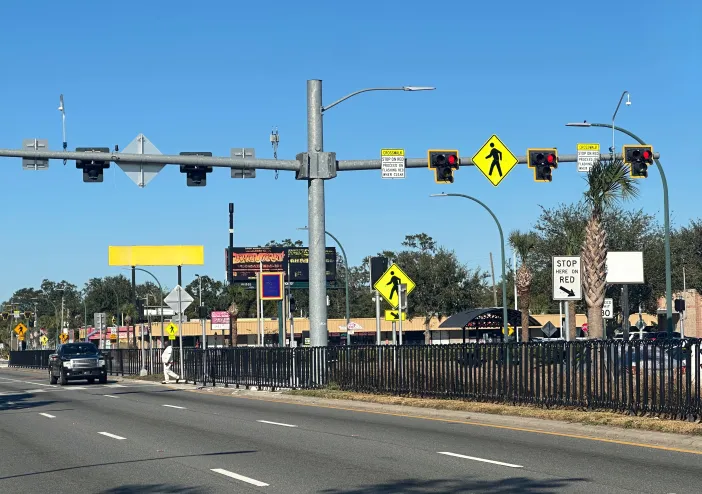Qualcomm, UC Berkeley and IHS Markit have released a further report which attempts to shed some light on how this enablement effect of 5G likely impacts the economy at the sector level of this research.
According to the report, 5G Mobile: Disrupting the Automotive Industry, in 2035,5G will enable more than US$2.4 trillion in total economic output across the automotive sector, its supply chain and its customers. Cumulatively, 5G economic impact in the automotive sector represents nearly 20% of the total global 5G economic impact.
The report also claims that 5G, being integral to the future of connected and autonomous vehicles, will help increase productivity and sales value, improve user experiences and environmental quality, and reduce traffic collisions and fatality rates. It will also likely transform conventional modes of car usage, ownership and transportation itself.
5G Mobile - Disrupting the Automotive Industry
Earlier this year Qualcomm, in association with IHS Markit, released a study into the future of the 5G economy. This predicted that by 2035 5G technology will amount to US$3.5 trillion of output and 22 million jobs. It also predicted that the automotive industry would be a key recipient of 5G’s benefits. Qualcomm, UC Berkeley and IHS Markit have released a further report which attempts to shed some light on how this enablement effect of 5G likely impacts the economy at the sector level of this research.
May 5, 2017
Read time: 2 mins
Earlier this year 213 Qualcomm, in association with IHS Markit, released a study into the future of the 5G economy. This predicted that by 2035 5G technology will amount to US$3.5 trillion of output and 22 million jobs. It also predicted that the automotive industry would be a key recipient of 5G’s benefits.










